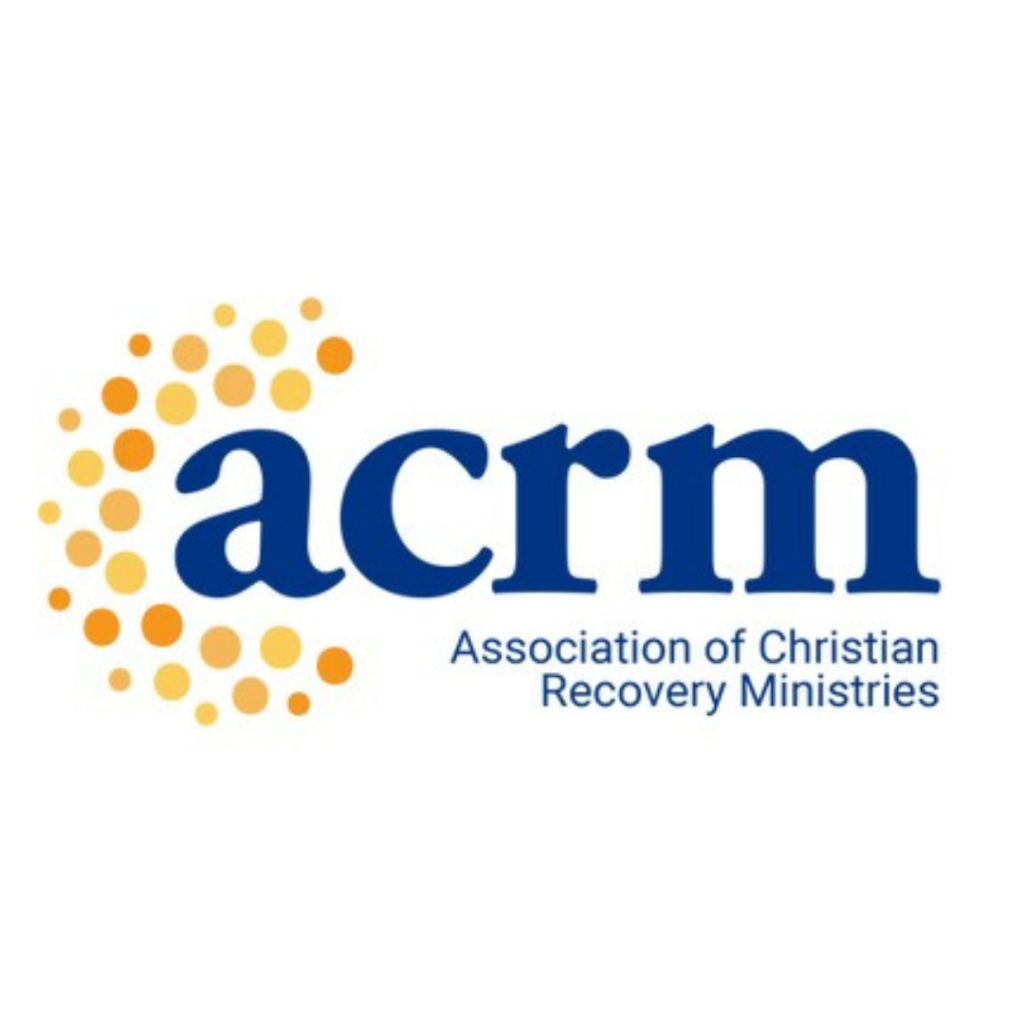
April, 2020
The Honorable Nancy Pelosi, Speaker
The Honorable Kevin McCarthy, Minority Leader
U.S. House of Representatives
Washington, DC 20515
Dear Speaker Pelosi and Minority Leader McCarthy:
The undersigned organizations are writing to urge immediate consideration and inclusion of the Non-Opioids Prevent Addiction in the Nation (“NOPAIN”) Act (H.R. 5172), as introduced on November 19th by Representatives Terri Sewell (D-AL) and David McKinley, P.E. (R-WV) in any forthcoming COVID-19 relief package.
To help hospitals deal with the surge of patients suffering from COVID-19, the Centers for Medicare and Medicaid Services released recommendations for hospitals and providers to delay non-essential surgeries until the current pandemic has subsided, resulting in millions of delayed procedures. As we begin to recover from this crisis, we expect those patients to return to the hospital, and we will see a large amount of outpatient surgeries performed in a short amount of time. These procedures are sometimes associated with high levels of opioid prescribing, with the average patient receiving more than 80 pills to manage their postsurgical pain. And, with every new prescription, more Americans are exposed to opioids, placing them at risk for opioid misuse and dependence.
Therefore, now more than ever, we must use every tool at our disposal to ensure patient and provider access to non-opioid pain management approaches. If enacted, the NOPAIN Act would reduce rates of opioid addiction in the country. The legislation provides for increased patient and provider access to and utilization of non-opioid approaches, specifically for acute pain patients such as those undergoing surgery or suffering from an accident or trauma. Research shows that utilization of non-opioids improves care for these patients through more effective pain relief; fewer opioids and associated adverse events that come along with those medications; and reduced health care spending on these patients. When patients are prescribed opioids – and, in 2017, there were nearly 200 million opioid prescriptions dispensed in the United States — there are two problematic outcomes:
• First, the majority of pills are left unused and unsafely stored in medicine cabinets, creating the risk for potential diversion. In fact, according to data from the Annals of Internal Medicine, nearly half of all episodes of opioid abuse start by obtaining prescription opioids from friends or relatives.
• Second, patients complete their prescriptions, and more; millions of Americans become persistent opioid users and continue to take their pills three to six months following their acute pain incident.
In contrast, when pain is managed using non-opioid treatments and non-pharmacological services, patients experience better pain relief, take fewer opioids, experience a faster recovery and return home , and reduce system-wide spending associated with their hospital stay. In fact, research on the benefits of multimodal approaches to pain management, which prioritize non-opioid and non-pharmacological approaches and minimize the utilization of opioids, shows that such protocols provide better overall patient outcomes than patients receiving opioids following an acute pain incident.
The NOPAIN Act would bring this wide range of benefits to patients around the country. Outdated reimbursement policies inadvertently disincentivize the use of non-opioid pain management approaches. This bill would fully incentivize utilization of these approaches and, in the process, increase access to and utilization of the wide array of medically appropriate, safe, and effective non-opioid approaches to pain management, including, for example, injectable NSAIDs, long-acting local anesthetics, and medical devices that have been approved or cleared by the FDA and have been peer-reviewed by providing 5 years of reimbursement in a budget neutral manner. The legislation would also facilitate a review and report about the effectiveness of increasing patient access to therapeutic services like physical therapy, psychological services, chiropractic services, acupuncture, and others in providing effective pain relief while also reducing opioid consumption.
Especially in the wake of the COVID-19 pandemic, we must ensure that all patients and providers have access to all available non-opioid goods and services – including pharmacological and non-pharmacological approaches – that have been demonstrated to provide effective pain relief and reduce opioid consumption. The NOPAIN Act would accomplish this important goal and, in the process, reduce unnecessary levels of patient exposure to opioids, remove unused opioid pills from our communities, improve patient care in the United States, and reduce associated spending on these patients. Importantly, the legislation has the potential to prevent millions of new cases of opioid misuse and addiction that occur every year in the United States.
We encourage the House of Representatives to take action on the NOPAIN Act as soon as possible, including in a forthcoming COVID-19 relief package. In doing so, the House has the opportunity to demonstrate its commitment to tackling the nation’s opioid epidemic through thoughtful policy changes to prevent opioid addiction before it starts.
Thank you for your consideration.
Sincerely,
Voices for Non-Opioid Choices
A Voice in the Wilderness
Acupuncturists Without Borders
AdvaMed
Alabama Orthopaedic Society
Ambulatory Surgery Center Association
American Association of Nurse Anesthetists
American Massage Therapy Association
American Psychological Association
Arizona Nurses Association
Arizona Public Health Association
Biotechnology Innovation Organization
Community Anti-Drug Coalitions of America
Cover2 Resources
Indiana Rural Health Association
Medical Alley Association
Medical Device Manufacturers Association
National Association of Social Workers
National Certification Commission for Acupuncture and Oriental Medicine
National Safety Council
National Transitions of Care Coalition
Overdose Lifeline
Partnership for Drug-Free Kids + Center on Addiction
Pennsylvania Coalition of Nurse Practitioners
Pennsylvania Council of Churches
Pennsylvania Pharmacists Association
#PYDONEFAMILY Coalition
RetireSafe
Society for Opioid Free Anesthesia
Students for Opioid Solutions
Will Bright Foundation
CC: The Honorable Richard Neal
Chairman
House Committee on Ways and Means
The Honorable Kevin Brady
Ranking Member
House Committee on Ways and Means
The Honorable Frank Pallone, Jr.
Chairman
House Committee on Energy and Commerce
The Honorable Greg Walden
Ranking Member
House Committee on Energy and Commerce







